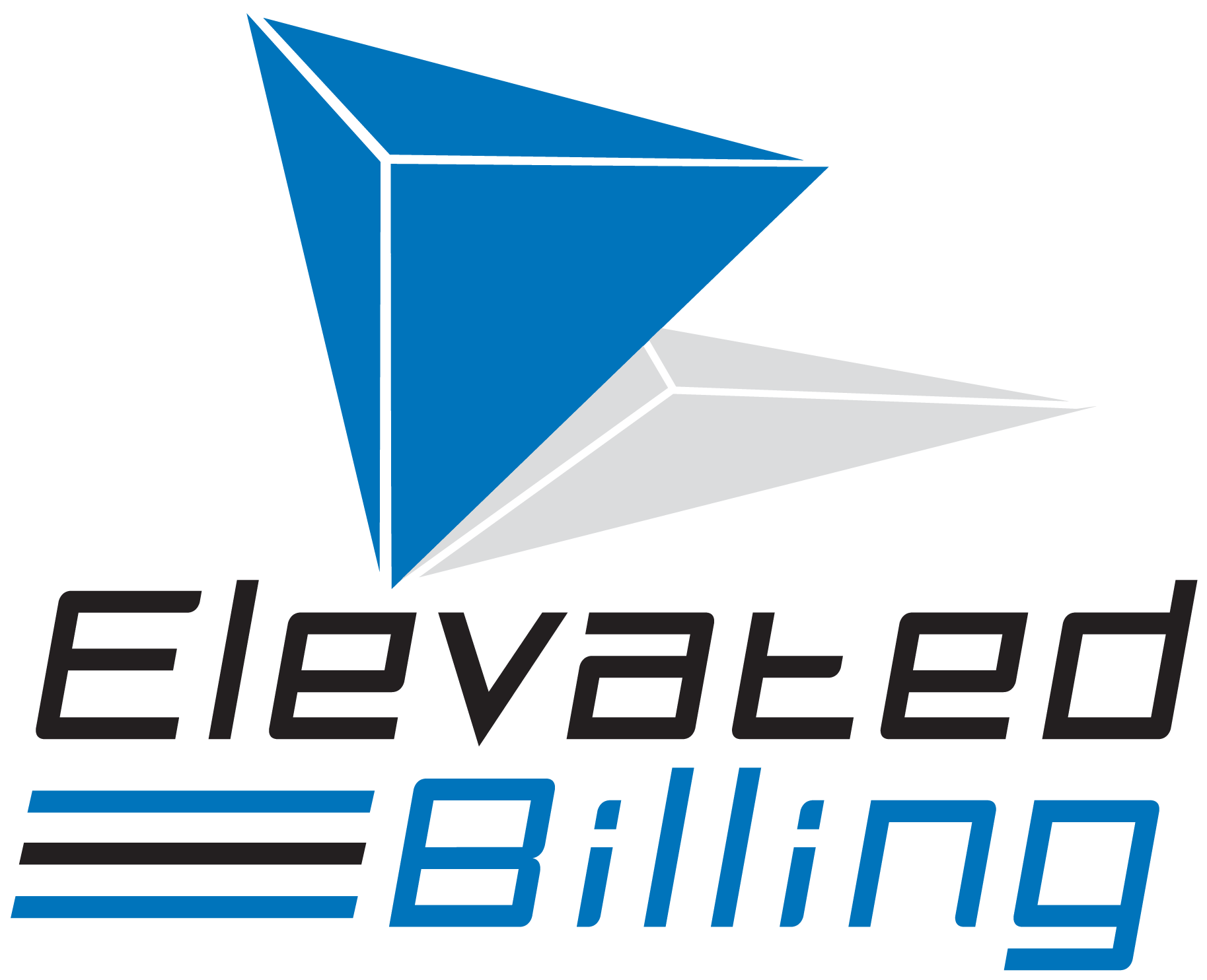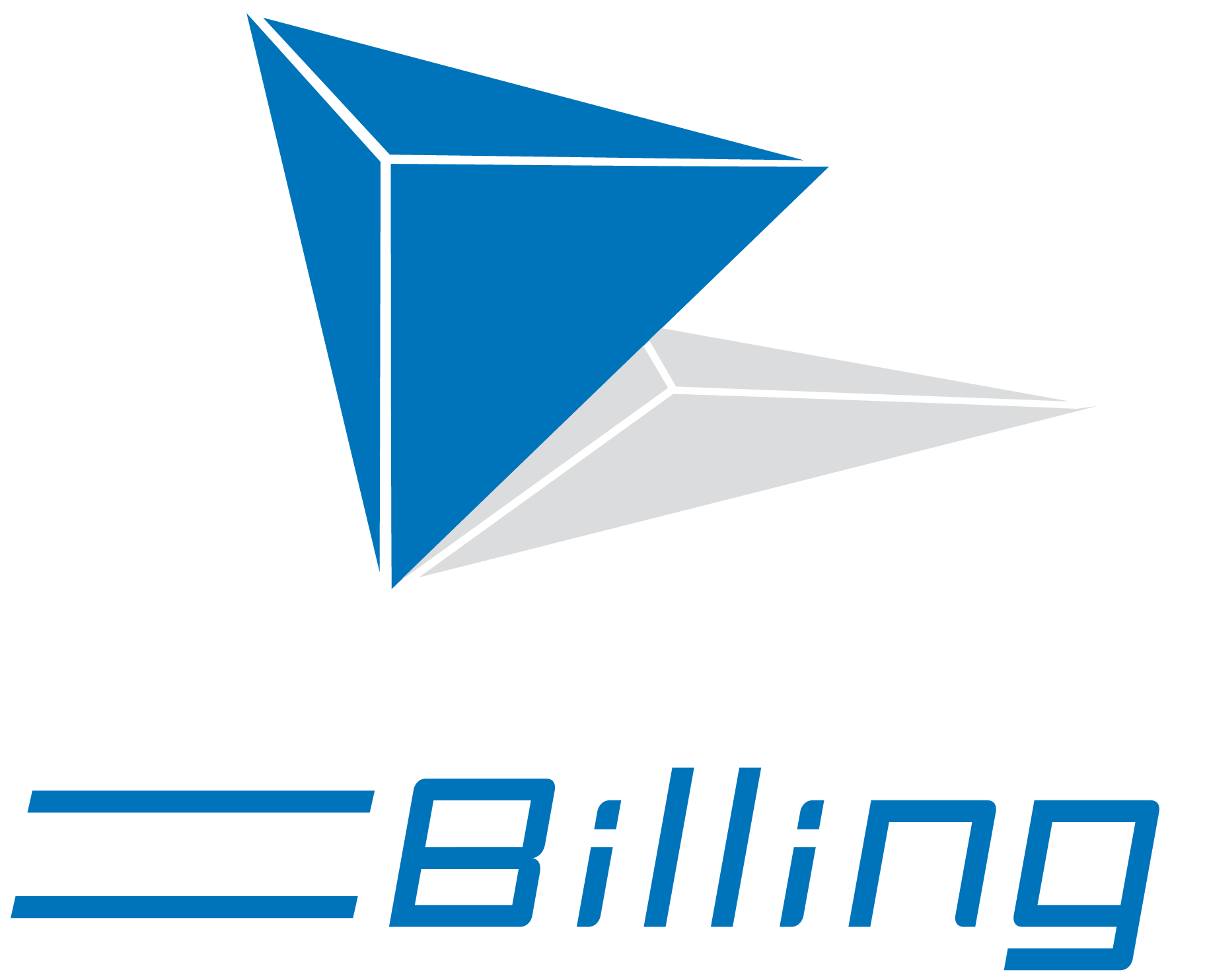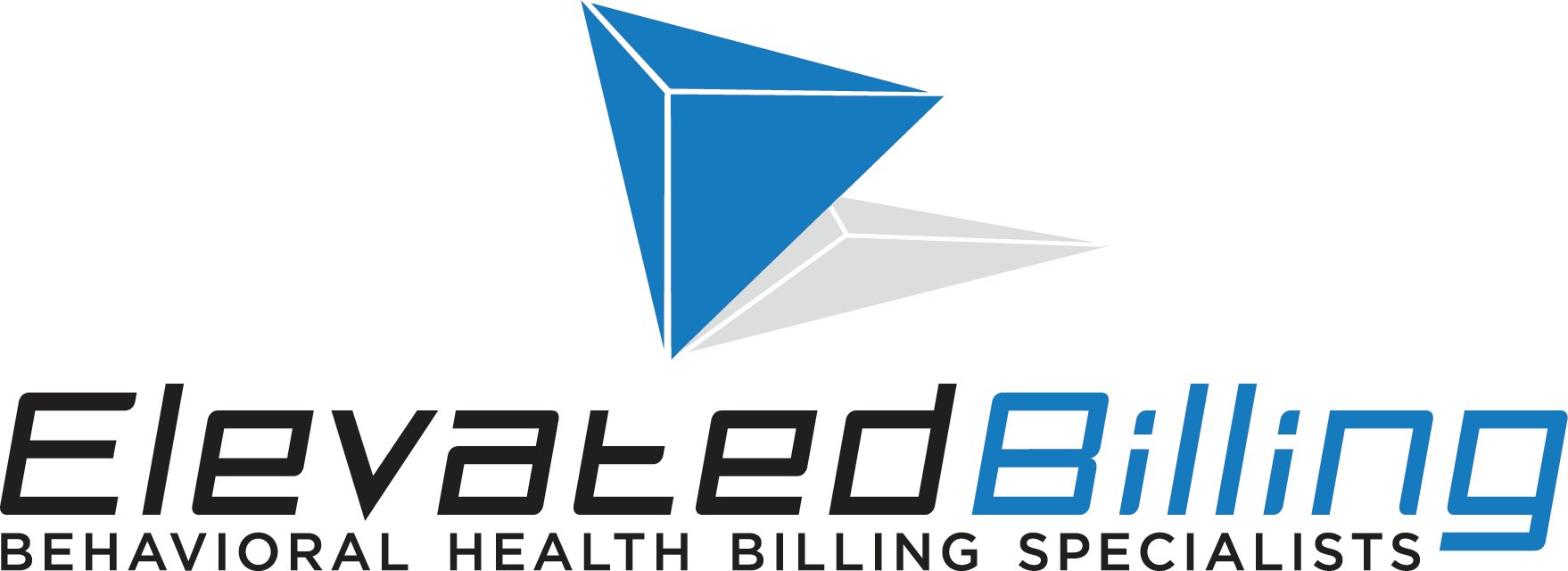The verbiage used in your charting can have a negative or positive impact on your reimbursement. It is very important that all group notes have a descriptor of the group type using standardized clinical language. This will ensure your group notes cannot be dismissed as non efficacy based and therefore non reimbursable. [Example: Yoga Group vs. Experiential Therapy] This same rule also applies to your program calendar. Some carriers are currently 'blacklisting' or 'flagging' facilities whose charting indicates a 'misalignment' with their guidelines. Those facilities most likely do not have a misalignment issue, but a training issue. Here are some clinical descriptors for your use. If you should feel the need to hold a group clinical training or a need for documentation consulting please feel free to reach out to us at (385) 212-4004
Art Therapy Group Description
Art therapy is a modality in which clients, use art media, the creative process, and the resulting artwork to explore their feelings, reconcile emotional conflicts, foster self-awareness, manage behavior and addictions, develop social skills, improve reality orientation, reduce anxiety, and increase self-esteem. A goal in art therapy is to improve or restore a client’s functioning and his or her sense of personal well-being.
Rec Therapy Group Description
Recreational therapy, also known as therapeutic recreation, is a systematic process that utilizes recreation and other activity-based interventions to address the assessed needs of individuals with illnesses and/or disabling conditions, as a means to psychological and physical health, recovery and well-being. The purpose of the RT process is to improve or maintain physical, cognitive, social, emotional and spiritual functioning in order to facilitate full participation in life. Recreational therapy includes, but is not limited to, providing treatment services and recreation activities to individuals using a variety of techniques including arts and crafts, animals, sports, games, dance and movement, drama, music, and community outings. Therapists treat and help maintain the physical, mental, and emotional well-being of their clients by seeking to reduce depression, stress, and anxiety; recover basic motor functioning and reasoning abilities; build confidence; and socialize effectively.
Executive Function Group Description
Executive function and self-regulation skills are the mental processes that enable us to plan, focus attention, remember instructions, and juggle multiple tasks successfully. Executive function is like the CEO of the brain. It’s in charge of making sure things get done from the planning stages of the job to the final deadline. When kids have issues with executive functioning, any task that requires planning, organization, memory, time management and flexible thinking becomes a challenge. Executive functions consist of several mental skills that help the brain organize and act on information. These skills enable people to plan, organize, remember things, prioritize, pay attention and get started on tasks. They also help people use information and experiences from the past to solve current problems.
Executive Function Group Note Example - Today we worked on the process of executive functioning:
- Analyze a task. Figure out what needs to be done.
- Plan how to handle the task.
- Get organized. Break down the plan into a series of steps.
- Figure out how much time is needed to carry out the plan, and set aside the time.
- Make adjustments as needed
- Finish the task in the time allotted.
Executive Function Charting Training
If executive functioning is working well and the task is fairly simple, the brain may go through these steps in a matter of seconds. If the client has weak executive skills, though, performing even a simple task can be challenging. Remembering a specific word may be as big a struggle as planning tomorrow’s schedule. Chart individual clients progress accordingly in comments section of your note.
Psychosocial / Psychoeducation Group Description
Psychosocial / Psychoeducation treatments are designed to help alleviate the act of compulsive substance use and/or impulsive behaviors by creating changes in a patient’s behaviors, thought processes, affect (feelings, mood), and social functioning. Psychosocial treatments are used with all types of diagnosis. All psychosocial treatments address one or more of the following common tasks: Enhancing motivation to change behavior(s), Teaching coping skills, Changing reinforcement contingencies, Fostering management of painful effects, Enhancing social supports and interpersonal functioning.
Equine Therapy
Equine Therapy is a form of therapy that makes use of horses to help promote emotional growth. Equine therapy is particularly applied to patients with ADD, anxiety, autism, dementia, delay in mental development, down syndrome and other genetic syndromes, depression, trauma and brain injuries, behavior and abuse issues and other mental health issues. Equine therapy is also an effective technique for many therapists to teach troubled youth on how they learn, react and follow instructions. For example, in a beginners’ horse therapy, the students were asked to get the horse move outside of a circle without even touching it. Students tried to clap, yell and whistle but the horse didn’t heed the signal. In the same manner, parents, friends and others who are part of a troubled youth’s therapy would learn that yelling, clapping and forcing would not be the best way to make the person do something. In the process, equestrian or equine therapy aims for its patients or students to: Build a sense of self-worth, self-concept, improve communication, Build trust and self-efficiency, Develop socialization skills and decrease isolation, Learn impulse control and emotional management, Set perspective, Learn their limits or boundaries.
Experiential Therapy
Experiential therapy is a therapeutic approach that encourages patients to identify and address hidden or subconscious issues through activities such as role playing, guided imagery, the use of props, and a range of other active experiences.
There are also many instances in which groups do NOT need to be led by a licensed clinician. If you need further clarification or training please feel free to reach out to us at (385)212-4004.


